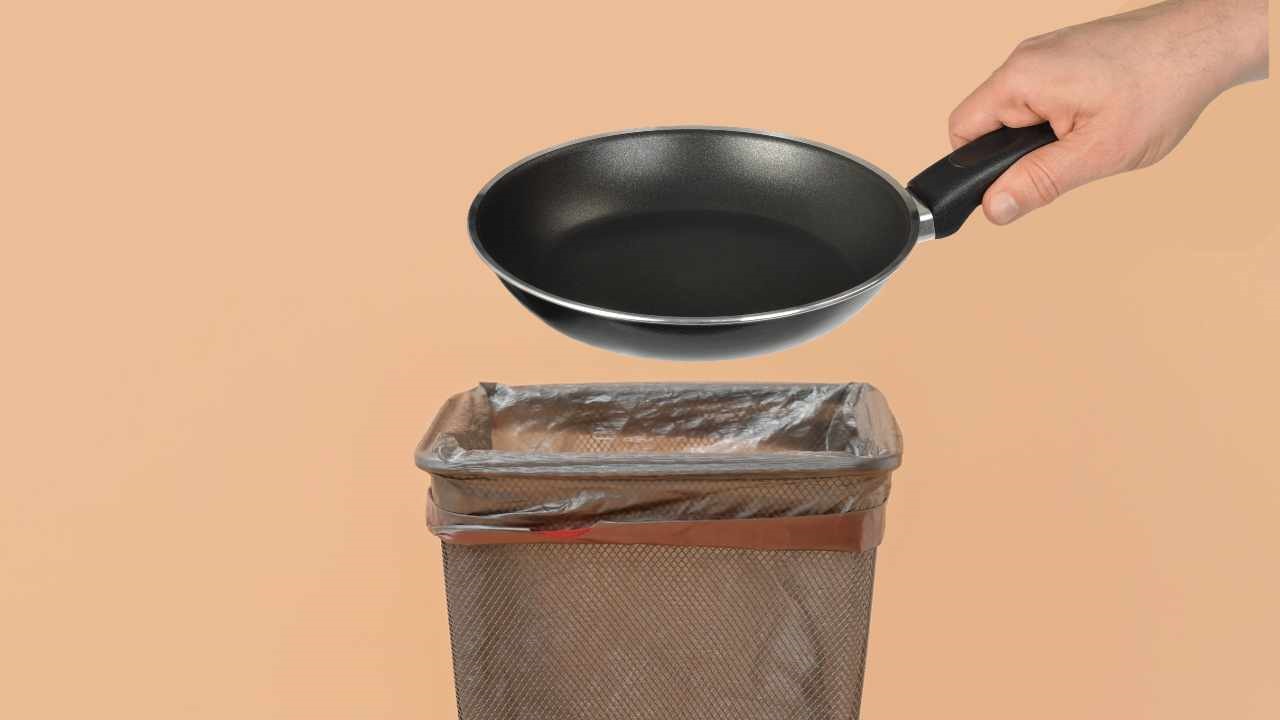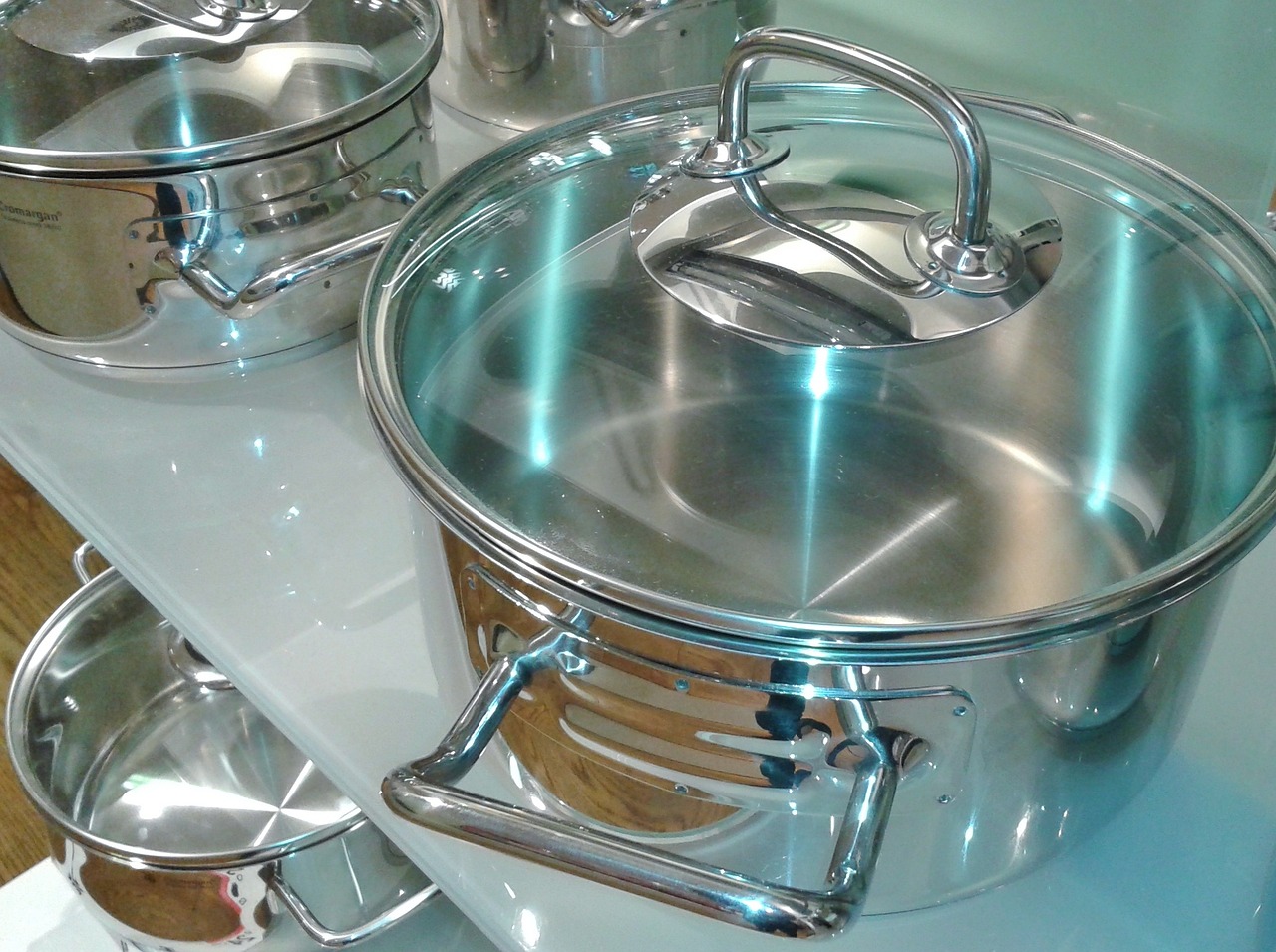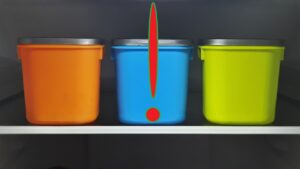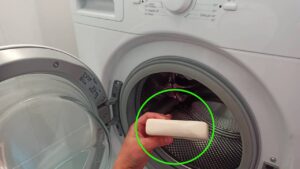Pots and Pans to Throw Away, Do You Know How to Do It Right?
A pan isn’t forever. Or rather, it all depends on how frequently you use pots and pans in the kitchen. If you rarely cook, your cookware may stay perfect forever. But those who cook often know very well that a pan does not last indefinitely: no matter how careful you are with washing and cleaning, pots and pans wear out. Handles may loosen, coatings can get damaged, or accidents can happen, such as leaving them too close to a hot stove. Eventually, you might need to dispose of them. The question then becomes, where do you discard them in separate waste collection?
The secrets to discarding pots and pans

It can be challenging to adhere to the rules of separate waste collection. Rules vary between municipalities, adding a layer of complexity to the process. However, despite this potential chaos, some general guidelines exist.
If you are among those who follow the dictum, “If I don’t know where to throw it, then it goes in the unsorted waste“, this might not be the best strategy, especially concerning pans. The critical factor to consider is the material your pans are made of.
Usually, the most commonly used pans and pots are made of aluminum or steel, which are highly recyclable materials. Disposing of them in the unsorted waste bin (or whatever term your municipality uses for general waste) is a mistake.

The smallest saucepans, typically used for boiling water, making sauces, or brewing herbal teas, along with small pans, should be placed in the metal collection bin.
When dealing with larger pots and pans that don’t fit in the regular bins, they will likely not fit in the metal collection bins. In this case, you should take them to the ecological islands in your municipality and inquire about which metal bin is most suitable for them.
What is certain is that we must stop throwing away pots and pans in the unsorted waste bin. If you have any doubts, seek guidance from municipal waste disposal area staff. They can help you in choosing the appropriate recycling bin for the specific type of waste.





